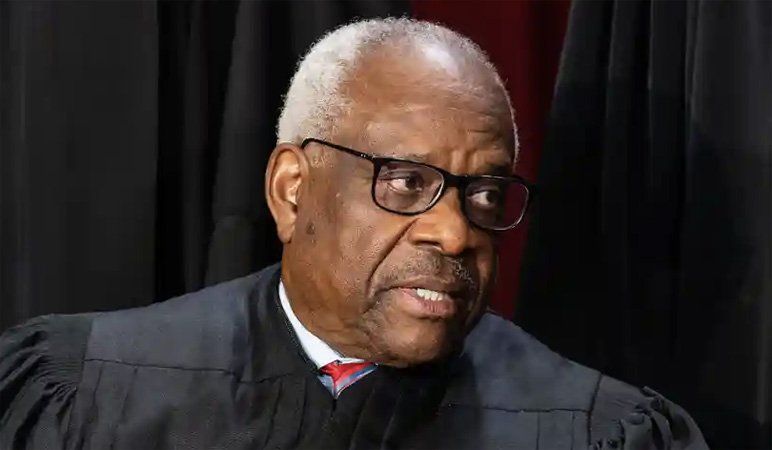The U.S. Supreme Court seems almost certain to side with President Donald Trump in an upcoming challenge to his authority to fire government officials for any reason, but a leading conservative legal scholar sent a warning that could give the justices pause.
University of Virginia law professor Caleb Nelson, a leading originalist scholar whose work has been cited by all of the court's conservative members in more than a dozen opinions, published an article Sept. 29 for the Democracy Project that has sent shockwaves through the legal community, reported the New York Times.
“Bombshell!” posted University of Chicago law professor William Baude on social media. “Caleb Nelson, one of the most respected originalist scholars in the country, comes out against the unitary executive interpretation” of the Constitution.
Nelson, a former clerk to Justice Clarence Thomas, argued that the text of the Constitution and historical evidence shows Congress has broad authority to shape the executive branch and place limits on the president's ability to fire officials.
"If most of what the federal government currently does on a daily basis is 'executive,' and if the President must have full control over each and every exercise of 'executive' power by the federal government (including an unlimitable ability to remove all or almost all executive officers for reasons good or bad), then the President has an enormous amount of power — more power, I think, than any sensible person should want anyone to have, and more power than any member of the founding generation could have anticipated," Nelson wrote.
“I am an originalist, and if the original meaning of the Constitution compelled this outcome," Nelson added, "I would be inclined to agree that the Supreme Court should respect it until the Constitution is amended through the proper processes."
The textual and historical evidence for limiting the president's power to fire executive officials is much stronger than the justices have suggested, he argued.
“In the face of such ambiguities, I hope that the justices will not act as if their hands are tied,” Nelson wrote.
Nelson's challenge to the unitary executive theory is particularly notable, according to New York University law professor Richard Pildes.
“If a highly respected originalist scholar like Professor Nelson, on whom the court relies frequently, denies that originalism supports the unitary executive theory,” Professor Pildes said, “that inevitably raises serious questions about an originalist justification for the court’s looming approach.”
However, Chief Justice John Roberts has spent his entire career on the bench advancing the unitary executive theory and chipping away at the 1935 precedent of Humphrey’s Executor v. United States, which found that Congress could place limits on the president’s power to fire people.
“Since 1789, the Constitution has been understood to empower the president to keep these officers accountable — by removing them from office, if necessary,” Roberts wrote in 2010.
Leave a Comment
Related Post
